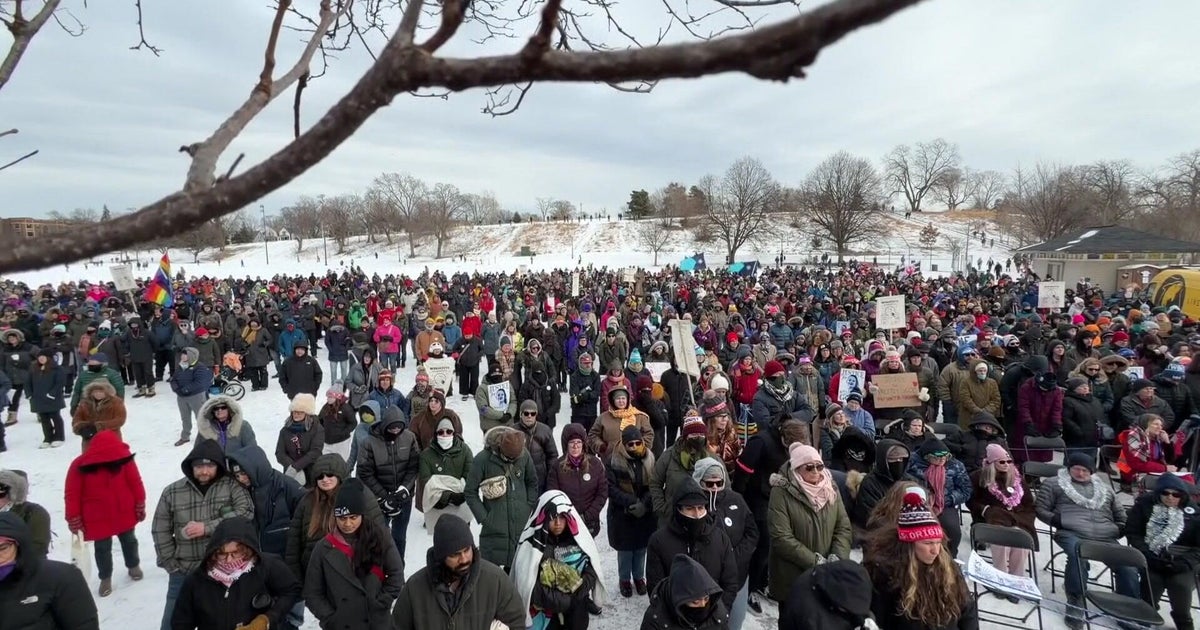Good Question: Why Do We Remember Some Things And Forget Others?
MINNEAPOLIS (WCCO) -- Maybe you remember Joe Mauer's batting average, but forget your boyfriend's birthday. Or you always remember a face, but never remember a name.
We are bombarded with millions of pieces of information every day, so why do we remember some things and forget others?
"It's extremely complicated," said Dr. Michael Rosenbloom, a neurologist and the director of HealthPartners's Memory Clinic in St. Paul.
It all starts in the frontal lobes.
"The front of the brain also decides what's important, what's not important, what can we forget," Rosenbloom said.
That's where the working memory makes the first decision. But that short-term waiting room only has a couple seats.
"Seven pieces of information, plus or minus two. If it's more than that, basically, it decays with time. This is one way the brain filters information and lets us hone in on the most important stuff," he said.
The next stop is the temporal lobes and hippocampus...where memories get stored. Some memories are stored in the part of the brain dealing with visual memories, or verbal.
"It has to do with genetics. And a lot of times our experiences influence how good our memory is. For instance, I find artists have really good visual memories. For people who teach or are writers, their verbal memories are better," Rosenbloom said.
Finally, the memories go to long-term storage in the cortex.
"There's eventually a process called consolidation. When that happens, information is sent via a neural network to the cortex," Rosenbloom said.
What's fascinating is that this process is playing out constantly, and fairly efficiently.
But if the brain is filtering out unimportant stuff, how does the brain know what's important?
"That's a good question, and we could spend hours talking about that," Rosenbloom said. "Somehow my brain has figured out how to hone in on what's important to my life."
The more connections the better. If you can attach a name to a face and link those with an emotion, it's more likely you'll remember that name.
Rosenbloom said there are several types of memories. Episodic memories are the day-to-day events and conversations of life. Working memory is that short-term processing place.
"There's a different type of memory called semantic memory - which is more encyclopedic knowledge. 'Who was the President during World War II?'" Rosenbloom said. People tend to retain that knowledge most relevant to their own careers and interests.
The strongest memory seems to be the procedural memory, the kind that lets us ride a bike or drive a car.
What kind of things can make your memories harder to retain?
Most commonly, insomnia affects memory. And if you're not paying attention, it doesn't make it to the rest of the brain, Rosenbloom said.







